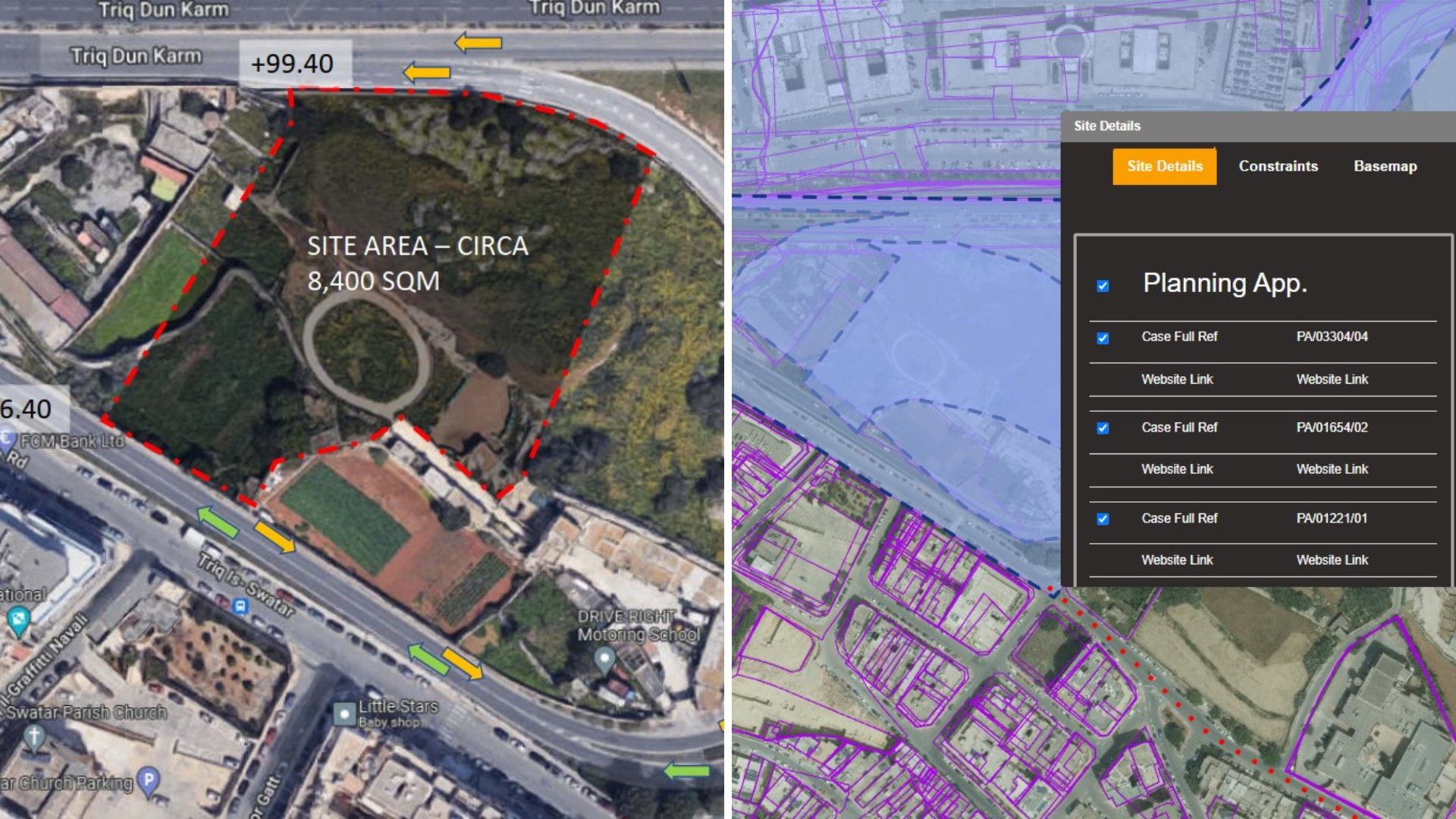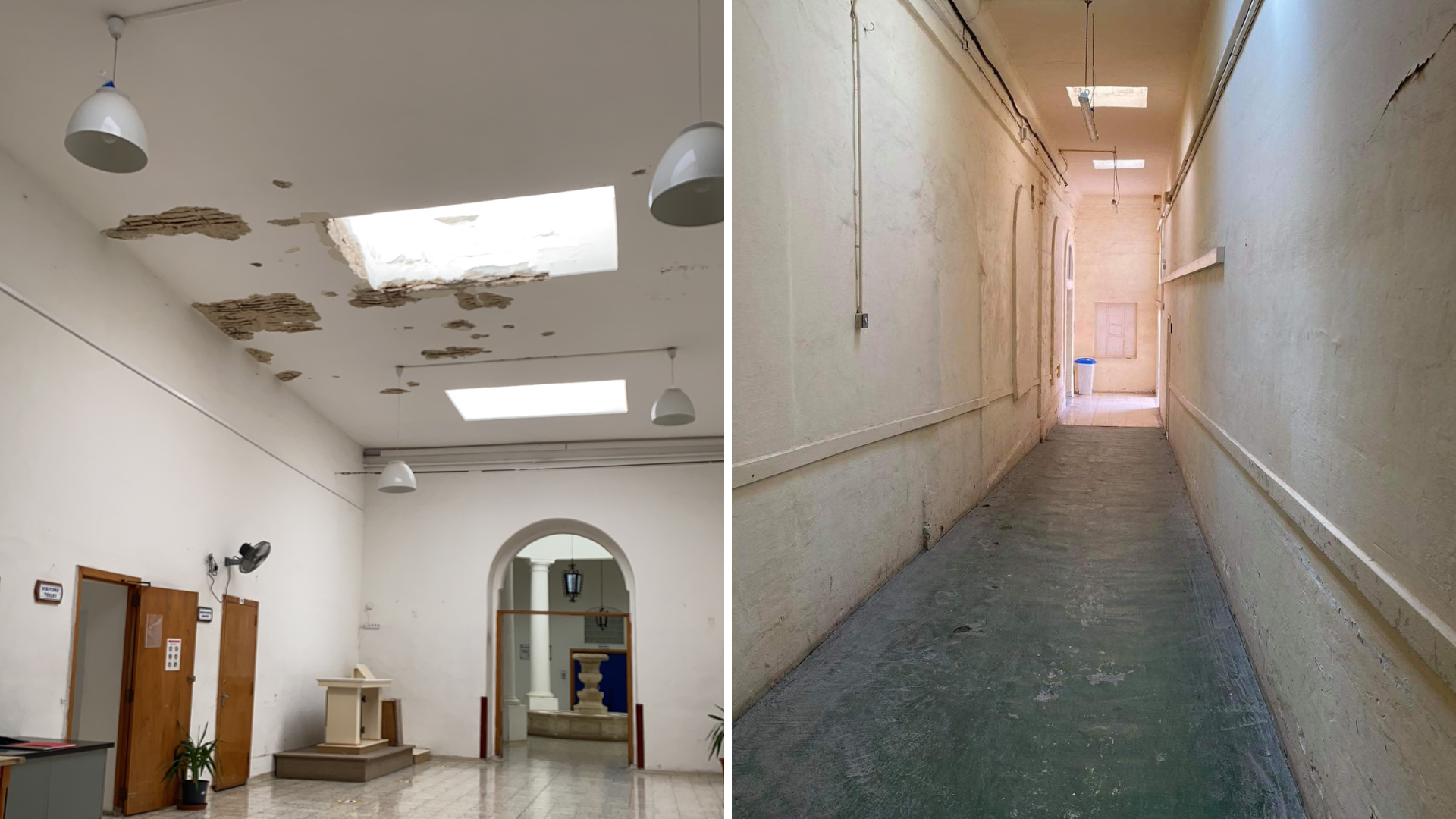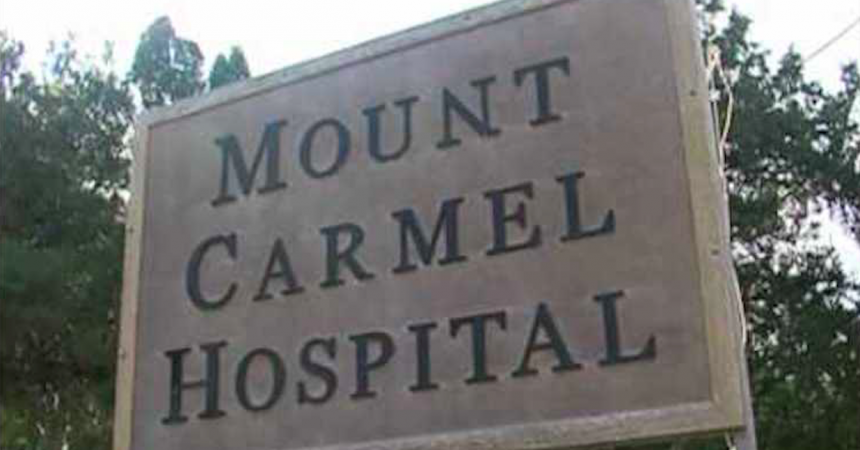Tista taqra dan l-artiklu bil-Malti.
Despite being promised over five years ago, a new mental health facility and extensive modernisation work at Mount Carmel Hospital have still not progressed, raising concerns about the Maltese government’s commitment to mental health services.
In his budget speech in 2022, Health Minister Chris Fearne said the new Acute Psychiatric Care Hospital, linked to Mater Dei by way of a tunnel underneath the Birkirkara bypass, would be built “in the coming years.”
The facility, expected to be funded mainly by European Union funds, was first mentioned by former health minister Godfrey Farrugia in 2013 and then promised in the Labour Party election manifesto in 2017 and 2022.
But in 2023, plans for the hospital have still not been submitted to the Planning Authority.
In response to a parliamentary question by Nationalist Party MP Ian Vassallo last week, Fearne published a map showing the facility, spanning 8,400 square metres, will be built on Triq Dun Karm and Triq is-Swatar, directly opposite Mater Dei Hospital.
The Shift searched the planning authority server and did not find any records of the project, indicating it is still in its infancy.

Plans for the new hospital have yet to be submitted to the Planning Authority, confirming the project is still in its infancy. The last available data for the area is for unrelated applications from 2004, 2002, and 2001.
Delayed upgrade process leaves gaps
The new facility is meant to complement Mount Carmel Hospital, whose facilities remain inadequate despite a “top-notch” five-year modernisation plan meant to conclude last year.
Images obtained by The Shift from inside Mount Carmel show the hospital’s infrastructure remains inadequate, with exposed supportive mesh in ceilings, peeling paint, torn carpeting, exposed wiring and old-fashioned furnishings.

Images from inside Mount Carmel Hospital, Malta’s only dedicated mental health facility until a long-promised new hospital is built, show the “top-notch” modernisation process has left some gaps
Meanwhile, Mount Carmel Hospital remains Malta’s only dedicated mental health facility until the new facility’s completion. Fearne and the Foundation for Medical Services CEO Carmen Ciantar previously said it would undergo a modernisation process.
In February 2018, Ciantar had said, “The infrastructure in [Mount Carmel] hospital is antiquated and inadequate. The aim is to now upgrade the building to the highest standards,” in comments to The Times. She claimed a five-year plan would transform it into a “top-notch” facility.
At the end of May, after claims of corruption surfaced in the Pakistani media, Ciantar announced that she was ‘self-suspending’ herself while vehemently denying all claims. Last month, she reinstated herself as CEO, breaching FMS rules.
Five-year plan
Following a freedom of information request, The Shift obtained FMS’s five-year plan, which shows renovations to the facility’s wards should have been completed last year.

Mount Carmel was meant to have undergone a five-year “top-notch” modernisation process between 2018 and 2022.
The plan, which assessed Mount Carmel’s suitability, reported areas of the hospital were “structurally dangerous”. It also highlighted that “a structured maintenance regime was missing” and that the age of the building, initially constructed in 1861, and its condition “makes it impossible to offer the care requested by modern standards related to psychiatric care.”
The Shift’s FOI request asked for a full breakdown of what has been spent on Mount Carmel’s modernisation and what work remains outstanding. The health ministry claimed it could not answer these parts of the request “because this would impair the efficient administration of the Public Authority.”
A National Audit Office report published in late 2022 found that some progress had been made regarding refurbishment, with structural works being carried out on more than half of the hospital’s wards. However, it noted with concern the state of the remaining wards, which since 2018, they said, remained mainly in a poor condition.
Malta quietly scales back project
With works underway, in June 2023, the European Commission announced that Malta had “scaled down” the renovation of Mount Carmel, something that the government itself has not made public.
In a statement regarding Malta’s modified recovery and resilience plan, along with a cut of the funding allocated for the refurbishments, money related to the digitalisation of the health sector was also set to be reduced.
The changes were made alongside a downward revision of the EU’s RRF grant allocation from €316 million to €258 million due to “Malta’s comparatively better economic outcome in 2020 and 2021 than initially foreseen.”
The country’s mental health services and public healthcare have been under continuous strain over the past few years.
On Monday, the Court of Appeal confirmed the shady 2015 multi-billion-euro deal through which three public hospitals were transferred to Vitals Global Healthcare and Steward Health Care was to the detriment of Maltese taxpayers.
The Court said the evidence “confirms the suspicion that the intention behind this concession was not a better medical service but an instrument through which money could flow from the country’s pockets towards those of VGH and Steward.”
Meanwhile, The Shift has reported how practitioners are forced to work from construction sites and an overcrowded general hospital dealing with continued medicinal shortages under a “bureaucratic” and “at conflict” health system.













